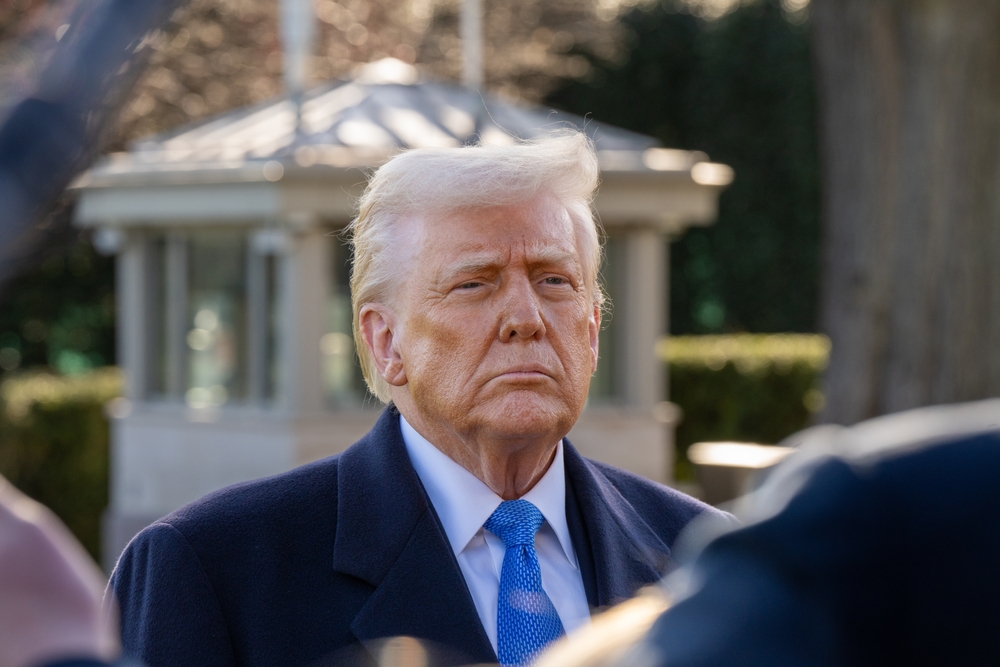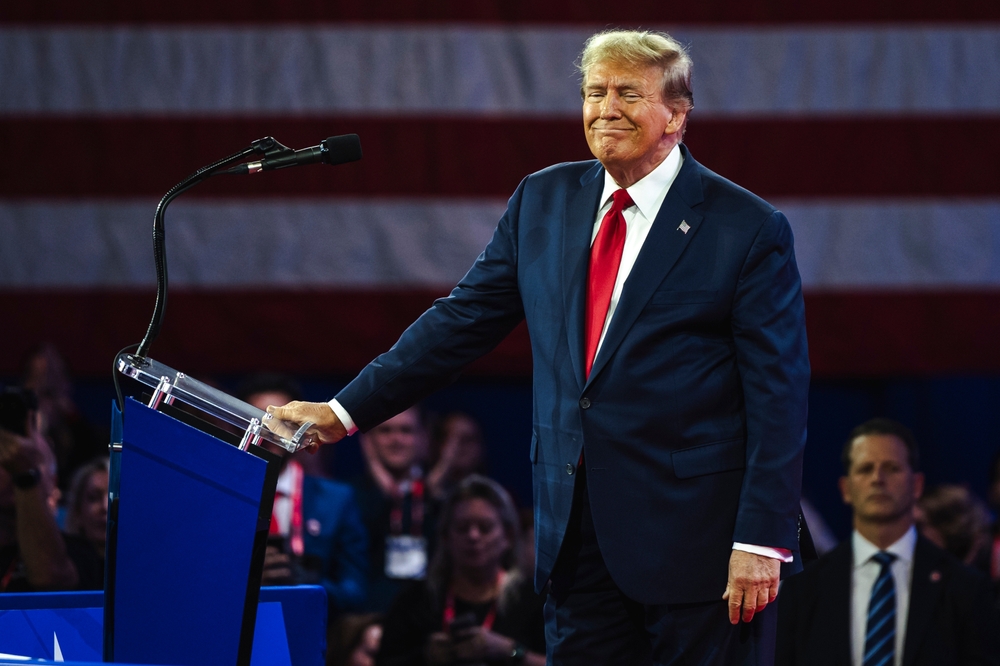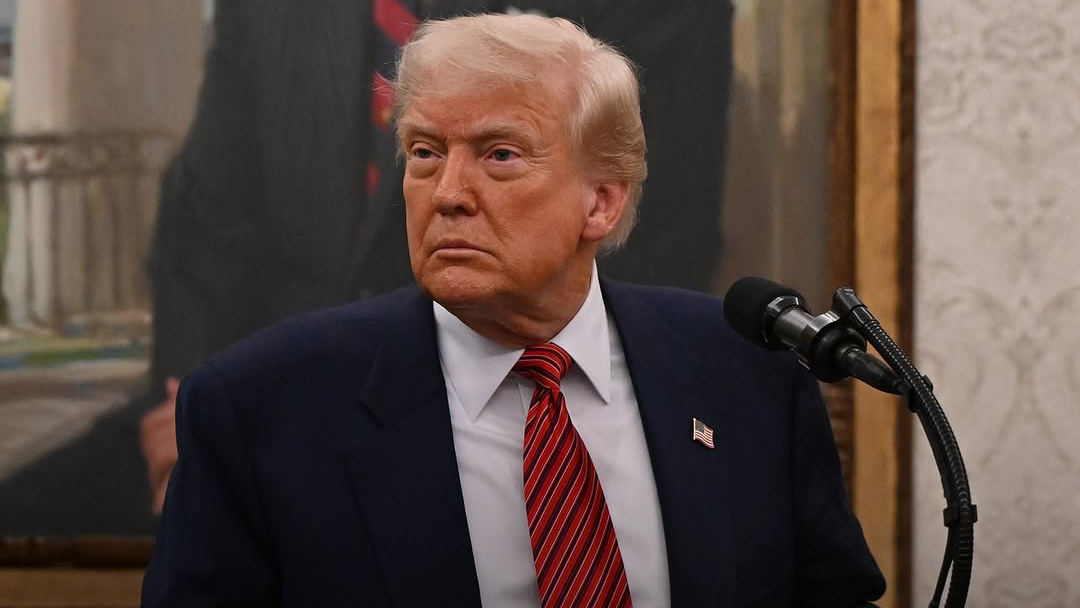The Supreme Court's Tariff Challenge: A Test of Presidential Power and Trade Policy
A federal appeals court has ruled that many of the tariffs imposed by the Trump administration were illegal, setting the stage for a landmark Supreme Court case that could reshape U.S. trade policy and redefine the limits of executive power. This legal battle goes to the heart of a key constitutional question: Does a president have the authority to impose broad tariffs without explicit congressional approval? The outcome of this case holds immense implications for businesses, the federal budget, and the future of international trade negotiations. Similar questions about executive overreach have surfaced in Trump’s clashes with the Federal Reserve, highlighting how concentrated power tests the boundaries of U.S. institutions.
The Legal Basis of the Challenge
On August 29, 2025, the U.S. Court of Appeals for the Federal Circuit affirmed a lower court's decision that the administration had exceeded its authority by imposing tariffs under the International Emergency Economic Powers Act (IEEPA). The court found that while IEEPA grants the president broad powers to "regulate" international transactions in an emergency, it does not explicitly grant the power to levy tariffs, which is a constitutional authority reserved for Congress.
This is a critical distinction for businesses. The affected tariffs were largely the "reciprocal" duties (a 10% baseline tariff on nearly all countries) and the "trafficking" tariffs on Mexico, Canada, and China. This legal challenge does not affect other tariffs imposed under different legal authorities, such as the Section 232 tariffs on steel and aluminum (based on national security concerns) or the Section 301 tariffs on China (based on unfair trade practices).

The Business and Fiscal Fallout
A ruling against the tariffs could have a profound and immediate impact on the U.S. economy. First and foremost, it would open the door for businesses to reclaim the billions of dollars in tariffs they have paid. This includes small and medium-sized importers who have absorbed the costs and larger corporations that have seen their supply chains disrupted. The uncertainty has already affected business planning; companies have been hesitant to make long-term investment decisions while billions in tariff payments remain in legal limbo.
Moreover, the federal government's budget could take a significant hit. The administration has warned that revoking the tariffs could lead to a massive fiscal hole. Analysts warn that the reshaping of global trade under new tariff realities shows just how quickly fiscal and supply chain shocks can ripple across economies.
This is a classic business risk: a key source of revenue that was not fully secure could suddenly vanish, requiring a rapid search for replacement funds or budget cuts.
The Arguments Before the Supreme Court
The administration has petitioned the Supreme Court for an expedited review, with the Solicitor General arguing that a reversal of the tariffs would harm ongoing trade negotiations and threaten the nation's economic stability. The core of their legal defense rests on a broad interpretation of the president's emergency powers.
Opponents of the tariffs, including a coalition of businesses and states, argue that the appeals court's decision upholds fundamental constitutional principles. They assert that the president cannot unilaterally levy taxes, which is exactly what a tariff is. This argument is bolstered by the Major Questions Doctrine, a legal principle that requires clear congressional authorization for any executive action that has vast economic and political significance. The court's decision noted that the financial impact of the tariffs is predicted to be magnitudes greater than other cases where the Supreme Court has invoked this doctrine.

A Precedent for Future Executive Power
Regardless of the Supreme Court's final decision, this case will set a powerful precedent for future administrations.
- If the Supreme Court upholds the appeals court's decision, it would reaffirm the constitutional separation of powers and force Congress to be more explicit when delegating authority to the executive branch. This would likely compel future presidents to seek legislative approval for any new tariffs, fundamentally changing U.S. trade policy.
- If the court sides with the administration, it would give future presidents a powerful tool to enact tariffs under the guise of an "emergency," potentially without any effective checks. This could make it easier for a president to bypass Congress, with significant implications for both domestic law and international relations.
For business leaders, this is more than a legal debate—it's a case study in geopolitical risk. As seen in other high-profile business missteps, unchecked executive decisions can carry massive financial consequences. The outcome will not only determine whether companies are owed billions in refunds, but also the stability and predictability of U.S. trade policy for years to come.














